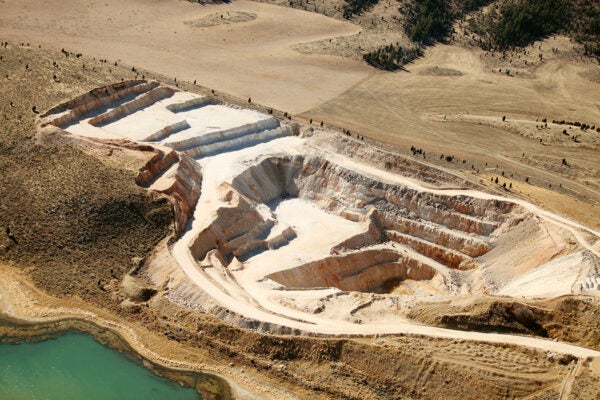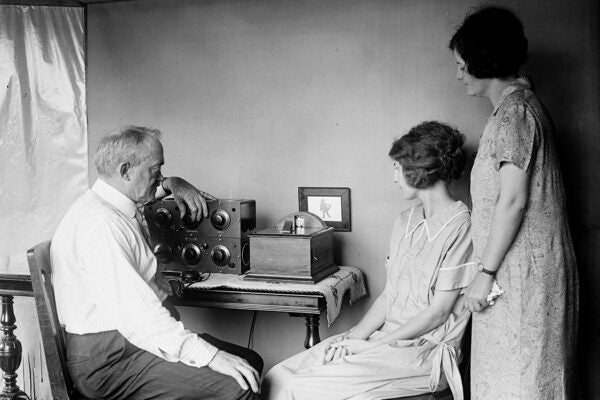After a two-year hiatus, the Large Hadron Collider is starting up again. The LHC, as it is known, is a massive particle accelerator which sends beams of protons around its 27 km track at tremendous speeds. The hope is to cause extremely high-energy collisions, generating split-second evidence of previously unknown particles or other subatomic particles. Already famous for generating the Higgs boson (the particle believed to give objects their mass) what else might the LHC turn up?
Don’t be alarmed, but some scientists are actually hoping for black holes. Despite some initial fears that the LHC might produce tiny black holes, it was determined that LHC-induced black holes might behave like their larger cousins but will lack the mass to tear the Earth a new belly button. Any black holes created by the LHC would disappear in a fraction of a second, dissolving in a quick burst of “Hawking radiation,” or the leakage of particles that Steven Hawking predicted will allow black holes to dissipate over time.
The LHC holes would be too small, but if a slightly larger black hole could be created, then in theory the Hawking radiation could be used to power an interstellar spaceship. No need to pay at the pump, we’re using black hole power! This idea sounds fantastic, and it probably is, but we’ll never know for sure without the LHC or something like it.
Weekly Digest
Another highly anticipated possibility would be evidence of other dimensions. Alas, not parallel dimensions, such as an alternate universe where you’re a billionaire secret agent, but literally additional dimensions beyond the standard three. (Think of up-down, sideways, backwards-forwards, and then try to imagine another one in there somewhere.) To examine that possibility, physicists will be watching the LHC for signs of particles that leak from this extra dimension. The behavior of such particles will be slightly off.
Those are just two of the more fantastical possibilities for the LHC, but there are a lot more. At some point, even the energy produced by the LHC will be insufficient, and a more powerful collider will be needed. Even as it stands, our understanding of physics might be radically different by then. My personal hope is that the LHC will find the dimension where I can truly get my mind around this stuff.







